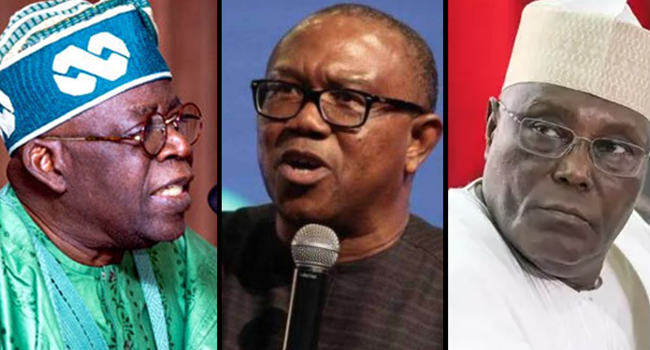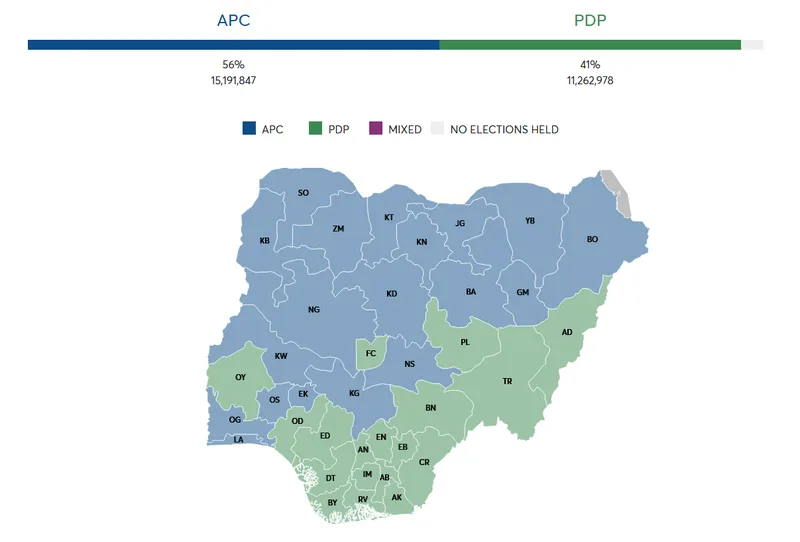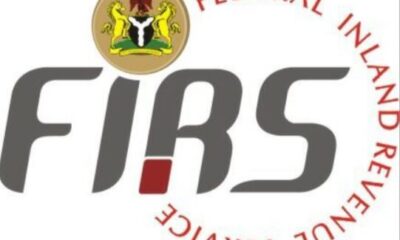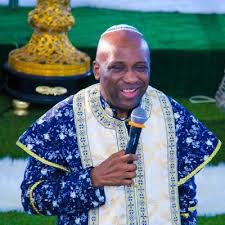Top Stories
Nigeria’s first real-time elections tracker is switched on for the 2023 polls

Next February, Nigerians will elect the successor to president Muhammadu Buhari whose second and final four-year term will end in May. The contest is mainly between three frontrunners: Bola Tinubu of Buhari’s All Progressives Congress, Atiku Abubakar of the main opposition Peoples Democratic Party, and Peter Obi, a former state governor of the Labour Party.
Beyond the presidency, there will be over 1,400 other races to follow within the elections’ two-week period including 28 state governorships and legislature seats. That is a lot of races to follow but with increasing internet penetration and social media, some companies and civil society groups are making efforts to create online platforms to enable citizens to be more knowledgeable about candidates.
In 2019, an interactive map and dashboard created by Stears, a Lagos-based data and media company, displayed results in near real-time as they were announced by INEC, Nigeria’s elections organizer. It was the first such platform for election results in Africa’s largest democracy. Fresh from a recently closed $3.3 million round of funding in which Serena Williams’ venture capital fund participated, Stears has relaunched the election service today (Nov. 7) ahead of the coming polls.
Using data to tackle voter apathy
“We didn’t know how far it would go but we knew there was an underlying problem of finding a place where you could easily just see what was going on with the elections,” Preston Ideh, Stears CEO, told Quartz in an interview, describing the company’s first attempt in 2019. The website got 2 million visitors, he said, with 99% viewing it on mobile devices.

The final result map of Nigeria’s 2019 presidential election
Designed to show places where elections will take place with information on candidates and past results, Stears’s revised election tracker wants to generate enthusiasm for elections against a history of voter apathy in Nigeria (in some cases followed by post-election violence). Barely a third of registered voters turned out for the 2019 election, and lower level races attract even fewer voters. Nigeria can only dream of the 64% turnout in Kenya’s last elections.
With little scrutiny on governance at the more local levels, citizens only reluctantly engage in processes that significantly impact their welfare.

Digitally native youth could swing polls
Online trackers may do nothing to stop incidences of vote buying and fraud in Nigerian elections, and the internet-savvy portion of voters they target are not the majority of the 94 million registered voters. Nigeria’s concentration of money and administrative power in the president and state governors still justify the outsize attention on those particular elections, notwithstanding the best intentions to amplify local races.
But 71% of the 12 million new voter card registrations for the coming polls are young people between the ages of 18 and 35. Energized by recent movements like EndSARS, that demographic has been influential in defining the tone of ongoing party campaigns, framing issues around a need to move away from the two parties that have governed Nigeria since the return to democracy in 1999.
Founded and run by London School of Economics twenty-something-year-old graduates whose Twitter activity could suggest an anti-establishment leaning, Stears will be assessed for political bias. The company’s editorials have criticized monetary and fiscal policy under Buhari’s government, giving the outgoing president a scathing performance review.
But like in 2019, the election platform will not feature any advertising, political or otherwise, and hopes to build authority for years to come. “We see this as an open data project that helps to catalyze and encourage people to be more open with data,” Ideh said. “What people use the data for is not an area we intend to control.”


 Top Stories20 hours ago
Top Stories20 hours agoTinubu’s Aide Condemns Plan To Reinstall ‘Jesus Is Not God’ Banner In Lekki Mosque

 Top Stories15 hours ago
Top Stories15 hours agoBreaking: FIRS Announces Fresh Recruitment, See Eligibility Criteria, Application Deadline

 News20 hours ago
News20 hours agoPetrol To Sell ₦935/Litre From Today – IPMAN

 Top Stories17 hours ago
Top Stories17 hours agoPrimate Ayodele’s Prophecies For 2025

 Top Stories20 hours ago
Top Stories20 hours ago2025 Budget Cannot Address Nigeria’s Economic Challenges – Atiku

 Entertainment20 hours ago
Entertainment20 hours agoI will be more influential in Nigeria than UK – Tobi Adegboyega

 News20 hours ago
News20 hours agoPresident Tinubu’s reforms not responsible for food stampedes – FG








